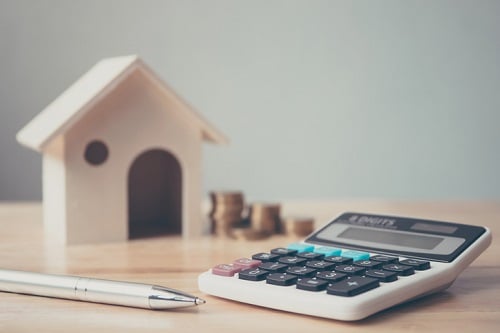With millions of Americans losing their jobs due to the coronavirus, affordability is an increasing concern

There’s just one thing we know for sure when we talk about COVID-19 and its impact, and that’s the fact that things are changing and developing every single day.
The latest numbers show the US unemployment rate has likely topped 15%, with approximately 26 million Americans having lost their jobs to coronavirus. While most renters across the country were able to keep up with rental payments in April, the coming months are going to be more telling as to the impact of affordability in the multifamily sector.
“What we’re hearing from developers and property managers is that impact to subsidized housing is nominal because the government helps guarantee those payments, and the upper-end market is not as affected, but the concern comes from workforce housing and naturally occurring affordable housing,” said Marsha Goff, executive vice president and Fannie Mae and Freddie Mac chief underwriter for Merchants Capital, a mortgage banking firm that specializes in multifamily and affordable housing.
The need for affordable housing isn’t going away, according to Goff, but she believes new affordable housing projects may be delayed as equity investors are taking a wait-and-see approach as the COVID-19 pandemic unfolds.
“This pause is causing a delay on closing some constructions deals or refinancing of affordable housing, so we are expecting slowdowns in our construction pipeline,” said Goff. In most states, multifamily construction has been deemed an essential service, so delays are not dire. However, Goff says delays could still happen four or five months from now due to delays in material shipments. Construction lenders are also holding back, pressing pause on new deals. With affordable housing projects where construction costs can end up higher than what the property supports, bridge financing is often required, and that’s become increasingly difficult to nail down.
“There was already a shortage in gap financing [before the pandemic hit] and in some cases, government resources are being pulled from potential affordable housing projects to cover COVID related items, including hospital relief, testing, or tenant assistance,” said Goff. “Because of this, it’s extremely likely we will see a decline in construction.”
While this pandemic is unprecedented in how widespread it is, Goff says we’ve been through market ups and downs before so it’s important to take the information as is, look for a solution and avoid overreacting. At Merchants Capital, Goff says there is a specific focus on supporting workforce and affordable housing and the firm continues to offer new construction and bridge financing, as well as lines of credit to help borrowers through this difficult period.
“We continue to honor the transactions that we have in our construction pipeline. We are not pulling out, and we are looking at the possibility of having a longer construction period loan because of potential delays that may stem from the virus.”
The longer the pandemic stretches, the larger the impact, but Goff says creative solutions are starting to rise to the surface. With many U.S. Department of Housing and Urban Development (HUD) transactions sitting on large replacement reserves, Goff says borrowers may be able to tap into those to help pay principal and interest (P&I) on their loans.
Going forward, Goff says there will have to be a collective effort to come up with creative solutions for the lack of affordable housing and the gap financing that will be needed.
“It will be interesting to see how COVID-19 really impact the funds that were once available for housing, but may no longer be available,” she said. “The markets were very strong before this happened, so we hope that when this is over, we can get back into it quickly.”



